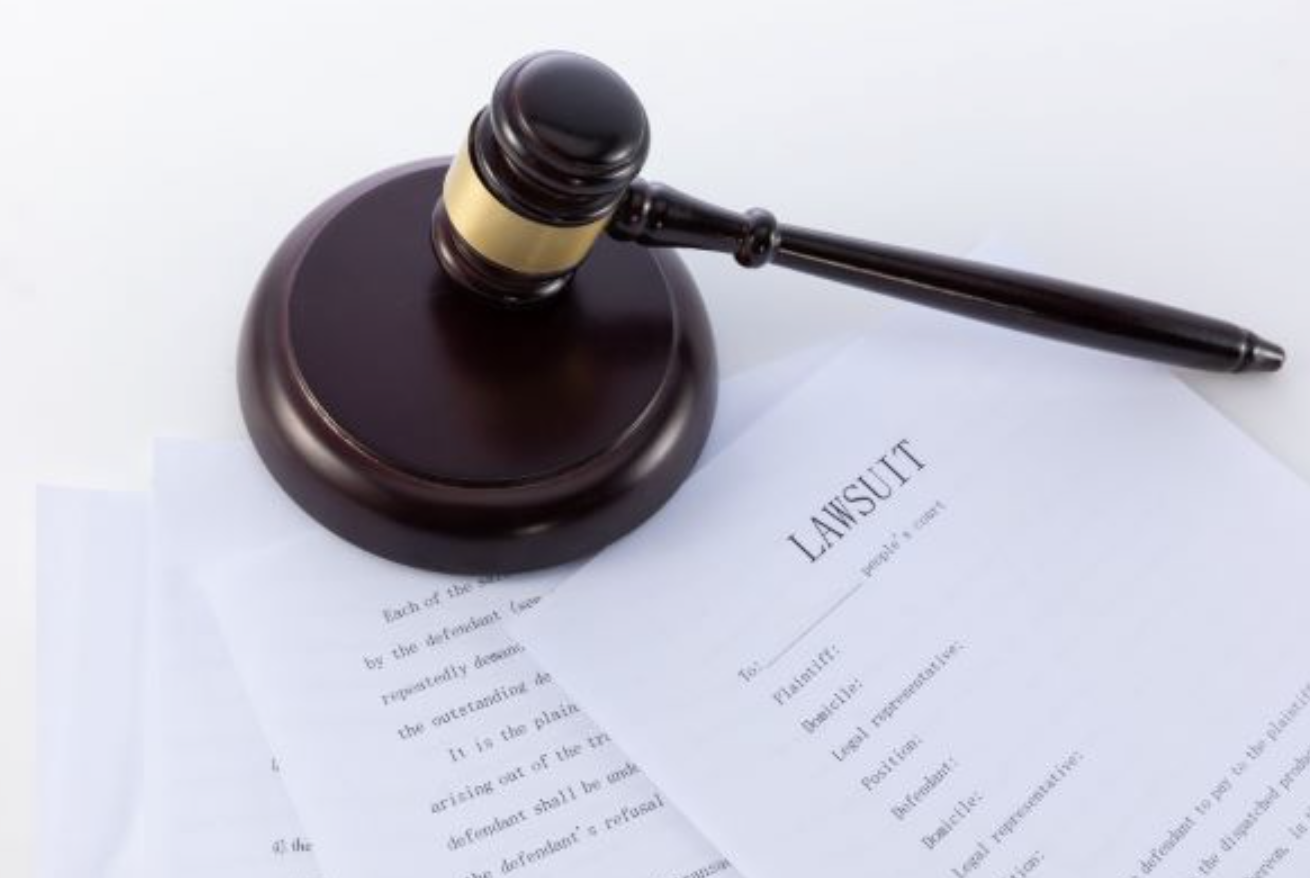Your lawyer will guide you through the procedure and ensure the protection of your rights at all times.
Electrical injuries can be a traumatic and life-altering experience. These can result in various types of harm, ranging from minor to severe burns and even death. Depending on your situation, you may face significant medical bills and loss of income.
In addition to financial losses, electrical injuries can affect your quality of life. You may have to deal with scarring, chronic pain, and other health issues. You may also have difficulty returning to work or participating in your usual activities. This is why it’s always important to leave electrical works in the hands of experts, such as the one from this site.
It’s unfair to carry the burden alone if the injury is due to someone else’s negligence. So, if you’ve already decided to file a case but aren’t sure where to start, here are the steps to take when suing for an electrical injury:
- Identify The Responsible Party
To build a strong case, it’s essential to identify the responsible party. Along with the evidence and your legal team’s expertise, the testimony of an expert witness can play a crucial role in demonstrating the negligence involved. An expert in electrical systems can attest to the proper safety standards and whether they were breached, thereby strengthening your case.
- Consult With A Lawyer
Lawsuits involving electrical injuries can be complex, and having a dependable attorney on your side is essential. Seek a specialist in personal injury law, particularly one with experience in electrical injury cases. These experts will navigate the intricate legal process with you and clarify your rights.
Aside from specialization, there are other things to consider when looking for a lawyer, and these include:
- Experience: A highly experienced lawyer is familiar with the intricacies of electrical injury lawsuits, increasing your chances of a favorable outcome.
- Track Record: Research the lawyer’s track record of success in obtaining settlements or verdicts for their clients in electrical injury cases. This information can give you an idea of their capabilities and the potential outcome of your own case.
- Reputation: Consider the lawyer’s reputation within the legal community and among past clients. Look for testimonials or reviews to understand their professionalism, communication skills, and dedication to client satisfaction.
- Communication: Effective communication is crucial throughout the legal process. Choose a responsive lawyer who listens attentively to your concerns and provides clear explanations about the progress of your case.
- Fee Structure: Before hiring, understand the lawyer’s fee structure and billing practices. Discuss whether they work on a contingency fee basis (taking a percentage of the settlement) or charge an hourly rate and ensure you’re comfortable with the arrangement.
- Trust Your Instincts: Ultimately, trust your instincts when selecting a lawyer. Choose someone with whom you feel comfortable and confident advocating for your best interests throughout the legal process.
Consider these factors when making a decision. Remember, a qualified lawyer can make the difference between a successful claim and a drawn-out legal battle.
After your consultation, the next step is to file your claim. This pivotal stage involves your attorney initiating the legal proceedings on your behalf.
During the claim filing process, your lawyer will gather necessary evidence, including medical records, accident reports, witness statements, and any other documentation that supports your claim, establish the extent of your injuries, and link them to the negligence of the responsible party.
This thorough documentation will underscore the severity of your injuries, the resulting impact on your life, and any financial losses you’ve incurred. The goal is to clearly demonstrate the connection between negligence and your injuries.
- Negotiate A Settlement
The next step is negotiation. Many electrical injury cases are settled outside court. Your legal representative will negotiate with the party at fault or their insurer to secure a fair settlement, ensuring you get the compensation you deserve. If negotiations don’t succeed, your case will proceed to trial.
- Prepare For Trial
Your case will go to trial if both parties don’t agree with the settlement. Your legal representative will meticulously prepare your case, leaving no detail unaddressed. You’ll likely have to testify about the circumstances of the injury, your pain, suffering, and the impact the injury has had on your life.
- Present Your Case
Finally, you’ll present your case in court. Your attorney will represent you, presenting evidence and calling witnesses. It’s crucial to remain calm and composed during this process. Your lawyer will guide you through the procedure and ensure the protection of your rights at all times.
Wrapping Up
The process of suing for an electrical injury can be complex and time-consuming. However, with the right guidance and patience, you can seek the justice and compensation you deserve.
Note the information provided is for general guidance only and doesn’t constitute legal advice. As each situation is unique, the necessary steps may vary. Consulting with a reputable legal advisor is essential in this regard.



Join the conversation!